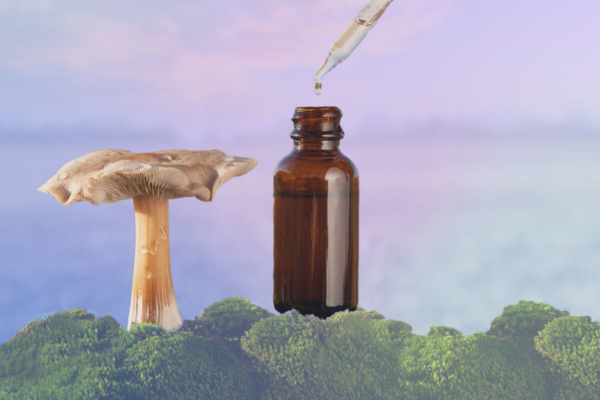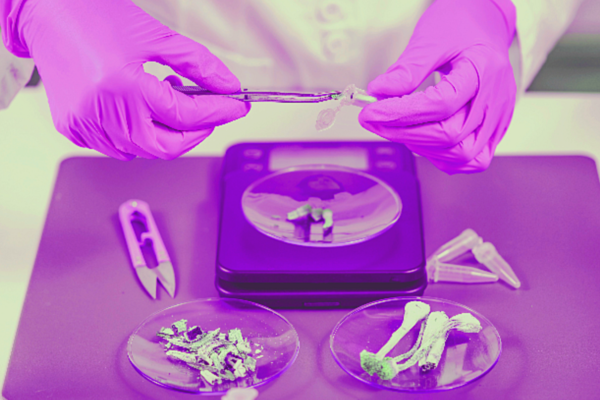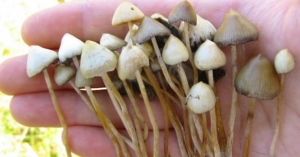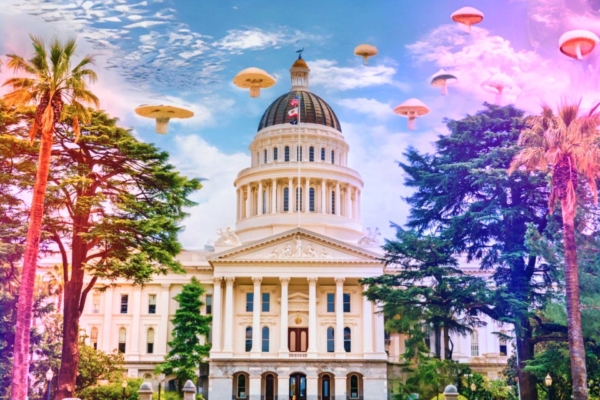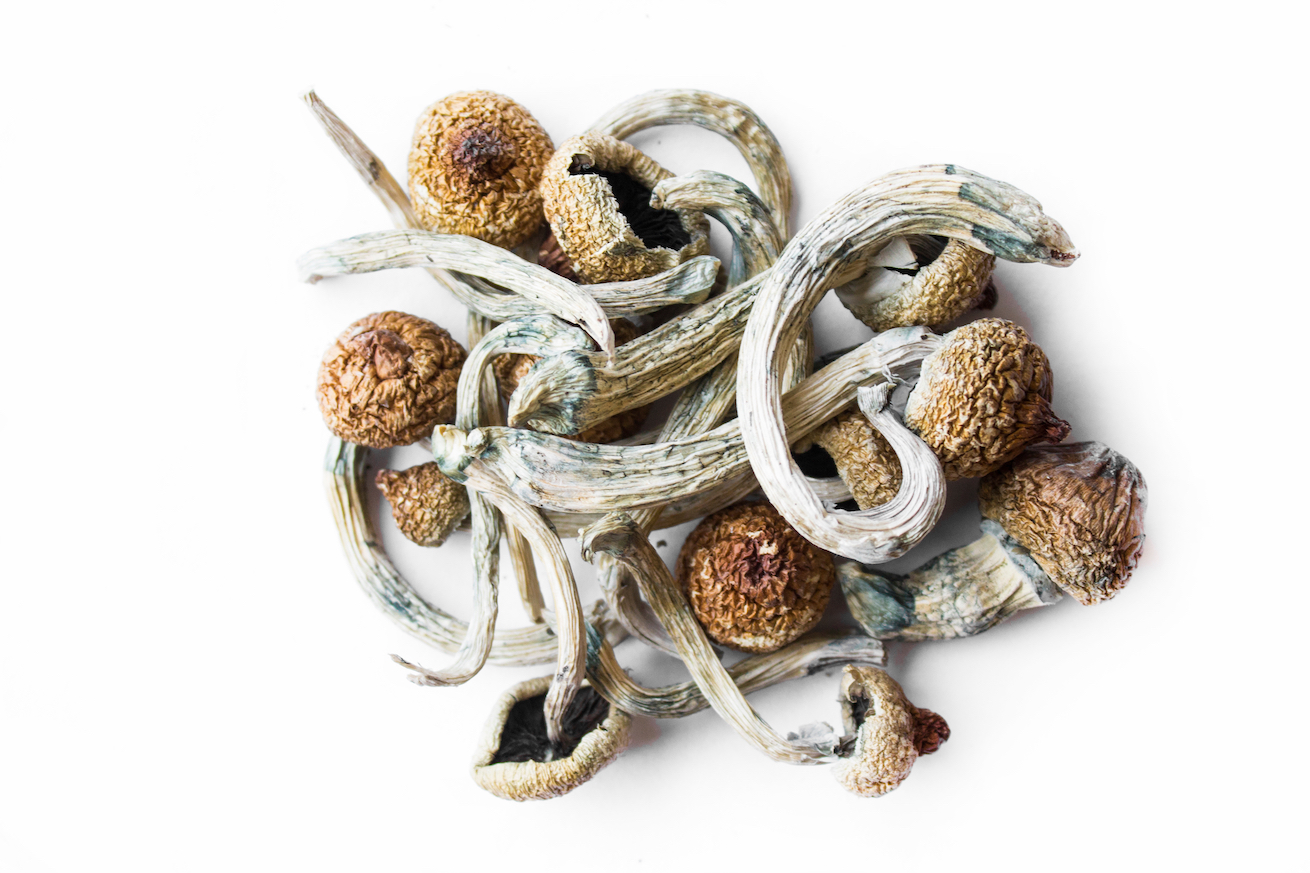
Grand Rapids could be the second Michigan city to decriminalize psychedelic plants and fungi, including psilocybin, mescaline, and ayahuasca.
City Commissioner Kurt Reppart told MLive that his colleagues on the commission have approached the idea with open minds and he believes there is enough support to pass a resolution as early as the fall. If passed, Grand Rapids would become the second city in the state behind Ann Arbor to decriminalize entheogens.
“I’m hoping that we can vote on this, we can pass it this fall and then people in this city will have access, and therapists in this city and practitioners in this city will have access to leveraging these sacred medicines for the healing of our city,” Reppart said at an open house meeting about the plan.
City staff and attorneys are currently vetting the resolution. From there, it moves to the commission’s Legislative Committee, which will decide if the resolution should go to the full body for a vote. There is no timeframe for voting on the resolution, but Reppart said he hopes it happens as early as August and, if not, sometime this fall.
New research into psychedelic medicine has shown the therapeutic potential psychedelics hold in encouraging spiritual and personal growth, as well as treating mental health and neurological conditions such as addiction, depression, anxiety, end-of-life angst, post-traumatic stress disorder (PTSD), and neurodegenerative diseases including Parkinson’s disease.
The proposed resolution wouldn’t legalize the sale of psychedelic plants and fungi. Instead, it would make growing, gifting, possessing, and using psychedelic plants and fungi the lowest law enforcement priority.
The measure is being supported by Decriminalize Nature Grand Rapids, a spinoff of the national nonprofit Decriminalize Nature, which has helped several other cities form Decriminalize Nature chapters in order to push legislation to decriminalize entheogens.
Last September, Decriminalize Nature Ann Arbor successfully lobbied Ann Arbor City Council to decriminalize entheogens.
Decriminalize Grand Rapids was organized by Chad Beyer, an advocate who was diagnosed five years with a progressive neurological disease. He struggled with end-of-life anxiety and depression for years before reading about the therapeutic benefits of entheogens.
“I discovered a therapist who uses plant medicines in their therapy. I had two sessions and I cannot say enough how my life has changed,” he told M Live. “I feel self-acceptance and gratitude beyond anything I have ever imagined. I am no longer afraid of dying but instead I am grateful for every day.”
Beyer said he co-founded Decriminalize Nature Grand Rapids to help bring the therapy to others who are suffering. “I want more people to have access to this kind of love, self-acceptance, and gratitude.”
